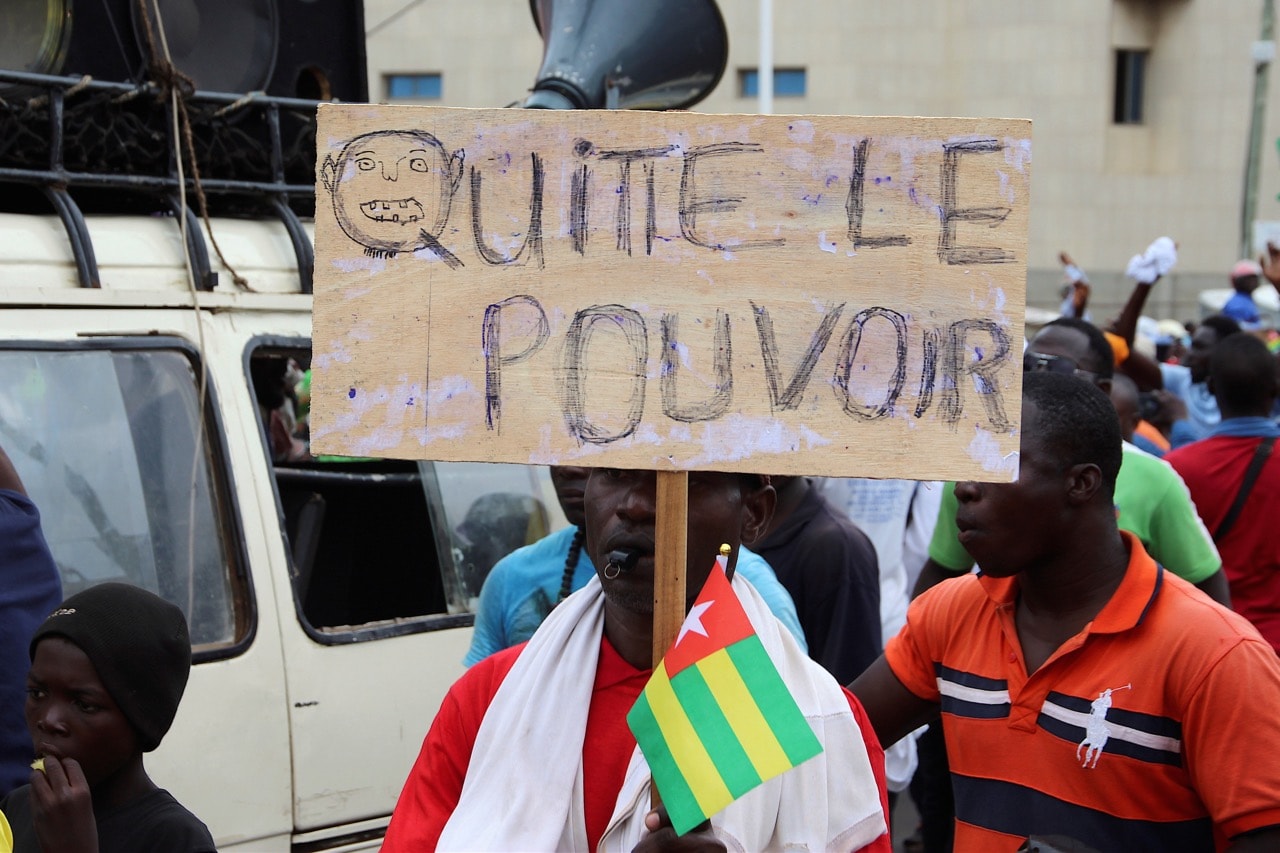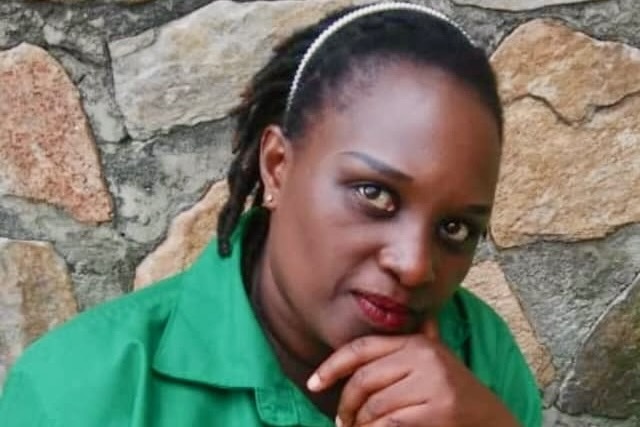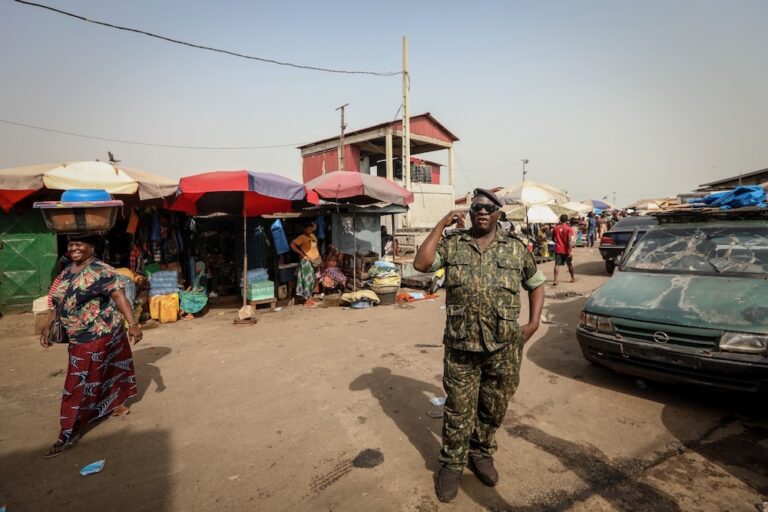The region's free expression news round-up includes lethal protests in Togo and Kenya, calls for release of an RFI correspondent in Cameroon, a creative campaign that is holding Nigeria's presidency accountable for freedom of information, and more.
August was a challenging month for freedom of expression, freedom of assembly, and freedom of association across the continent. This was particularly evident in Togo, where police waged a brutal crackdown on peaceful protesters demanding a limit on presidential terms. On 19 August 2017, thousands of Togolese citizens – in four cities across the country – took to the streets calling for an end to the “Gnassingbé dynasty.”
President Faure Gnassingbé is currently serving his third term; his father, Gnassingbé Eyadema, was in power for 38 years.
Togolese officials say 2 civilians were killed in the city of Sokodé, but the opposition has reported seven deaths.
The Media Foundation for West Africa (MFWA) condemned the attacks, stating that they were “a flagrant violation of citizens’ right to peaceful assembly which must not go unpunished.” The group called for thorough investigations to identify the perpetrators of the attacks.
In the Democratic Republic of Congo (DRC), citizens were also violently reprimanded for speaking out against the government. On 31 July, security forces fired tear gas and – according to some sources – live rounds at protesters calling for an election calendar. “We firmly condemn this police crackdown, which did not spare journalists who were just doing their job,” stated Tshivis T. Tshivuadi, the secretary-general of Journalist in Danger (JED).
According to Reporters Without Borders (RSF), at least 15 journalists in various cities were detained while covering the demonstrations. Most of them were released after authorities deleted their photos and videos. But not all of them were so fortunate. The Committee to Protect Journalists (CPJ) reports that journalist Jean Pierre Tshibitshabu was charged with “incitement and provocation” after being detained, and has been attacked in custody.
“Congolese authorities should immediately release Jean Pierre Tshibitshabu, drop all charges against the journalist, and take action against those who attacked him in prison,” said CPJ Africa Program Coordinator Angela Quintal.
But authorities in the DRC are not the only ones being held to account for their actions, or lack thereof. In Nigeria, free expression activists are urging government officials to uphold freedom of information legislation.
Nigeria’s hall of shame
President Muhammadu Buhari received a rather unconventional form of recognition in August. The Nigerian leader and his office were inducted into the “Freedom of Information Hall of Shame”. Created by Media Rights Agenda (MRA), the Freedom of Information Hall of Shame aims to draw attention to institutions and public officials who undermine the effectiveness of Nigeria’s 2011 Freedom of Information (FOI) Act.
“MRA Inducts Presidency Into ‘FOI Hall Of Shame,’ Accuses It Of Gross Failure Of Leadership” https://t.co/UkpHtKiHgn
— Edetaen Ojo (@EdetOjo) August 15, 2017
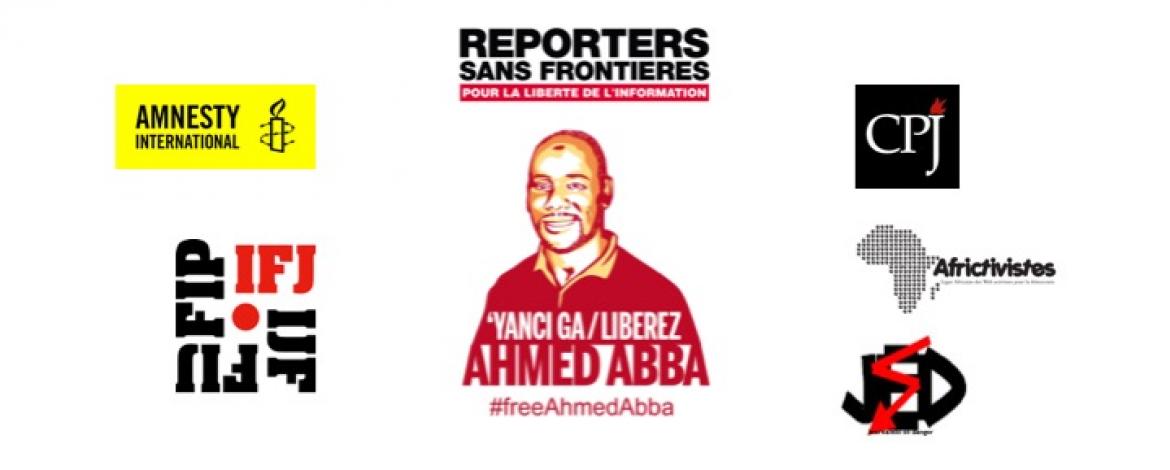
RSF
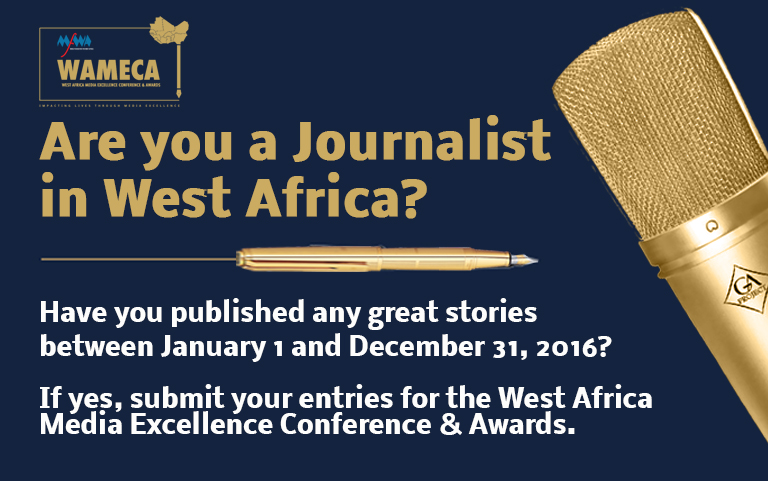
MFWA
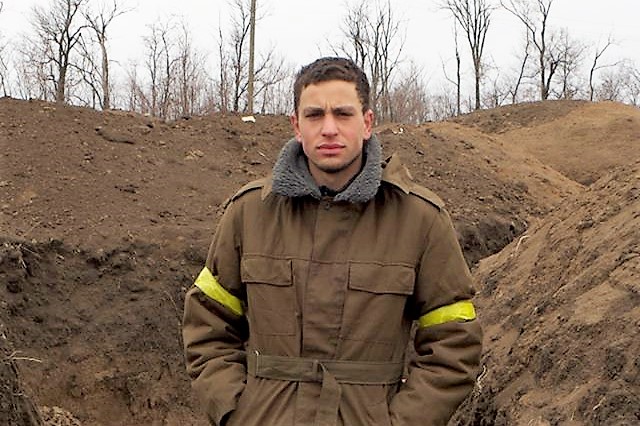
An undated photo of reporter Christopher AllenThe Warzone Freelance Project/Facebook
